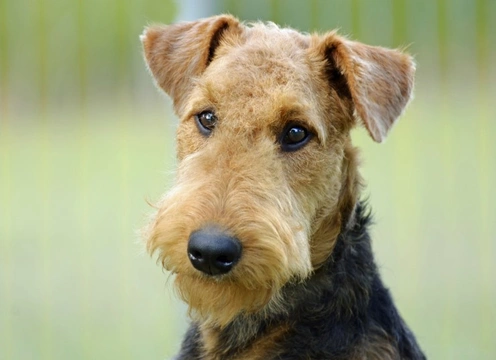
How can you avoid catching parasites from your dog?
Dogs can pick up all manner of parasites when they’re out and about, such as fleas, worms, ticks, and even certain fungal conditions like ringworm, which is fairly minor but can be a challenge to clear up.
Whilst there are few problems and illnesses that can pass the species divide and infect both dogs and people, there are still a number that can be passed from a dog to a person or vice versa, and conditions of this type are known as zoonotic diseases or problems. A great number of parasites that can infect dogs will also be more than happy to use a human as their host instead, which means that when you’re taking care of your dog on a day to day basis, you should take steps to protect yourself from this.
If your dog is hosting parasites or a transmissible condition such as fleas, worms or ringworm, this is even more important, but all dog owners should learn the basics of good hygiene practices for avoiding picking up parasites from pets.
In this article we will explain some of the most common methods of transmission of parasites from dogs to owners, and look at how you can reduce the risks. Read on to learn more.
Be vigilant about preventatively treating your dog
The best way to prevent yourself from catching parasites from your dog is to ensure that your dog doesn’t catch parasites themselves! Use a veterinary approved flea treatment agent and wormer, and follow the guidance on dosage amounts and frequency. Check back with your vet to follow up a couple of times a year, to ensure that your chosen parasite prevention products are still proving effective.
Don’t forget your home
Fleas can lurk in soft furnishings and carpets for a long time, even if the weather is cold and no viable host is present. Treat your home with a flea spray or flea bomb every few months to ensure that your home isn’t harbouring fleas that might bite you or your dog.
Clean up poop from the garden immediately
Dog faeces is not only unpleasant, it can also be dangerous. Faeces can contain worms and worm larvae that can infect the ground it comes into contact with, and remain in the soil to infect other dogs or people that come into contact with it too.
Many of us allow our dogs out to the loo in the garden and only clean up every couple of days, but this is all it can take for worms to infest the soil. Clean up after your dog every time they poop in the garden, and bag the waste securely and dispose of it safely.
Always wash your hands
You should always wash your hands after cleaning up dog poop, even if you’ve got it down to a fine art and can clean up quickly and cleanly. If you get into the habit of washing your hands with hot, soapy water after cleaning up poop, this can help to prevent worms from being spread through faeces and infected soil, and also protect you against a number of other bugs and nasty that can be found in faeces and that can cause potentially serious illness.
It is also a good idea to wash your hands after touching your dog, and particularly, after touching another dog that you don’t know.
Don’t let your dog lick your face
Dog saliva can transmit a number of parasites and nasties, as well as bacteria and germs, all of which can cause illnesses in humans. Don’t allow your dog to lick your face, and wash your hands if your dog has licked them too.
It is especially important to prevent your dog from licking your children’s faces, and to teach them about good hygiene when caring for a dog.
Prevent your dog from scavenging outside of the home
Dogs that are opportunistic scavengers – the type of dogs that will chow down on roadkill and other disgusting things without giving it a second thought – can and often do contract worms, fleas and other nasties from the things that they eat.
The same is true for dogs that hunt or catch prey like rats or squirrels. Take steps to prevent your dog from eating dead wildlife by keeping them on a lead, using contained, safe walking places for off-lead play, and by using a muzzle if necessary if they cannot be trusted not to eat everything that they find!
Keep your dog clean
Keeping your dog clean and fresh with regular baths won’t protect them against catching parasites like fleas and worms, but it can help to eradicate adult fleas and prevent significant flea populations setting up home in your dog’s fur.
A dog that is clean will be less appealing to parasites, and also provide a less hospitable environment for bugs, bacteria and other nasties that a dirty coat and skin can harbour. Don’t bathe your dog too often, but do ensure that they don’t spend a lot of their time grubby and smelly. Bathing and grooming your dog regularly will also allow you to check their skin and coat for signs of problems like mites, fleas and skin infections like ringworm.



